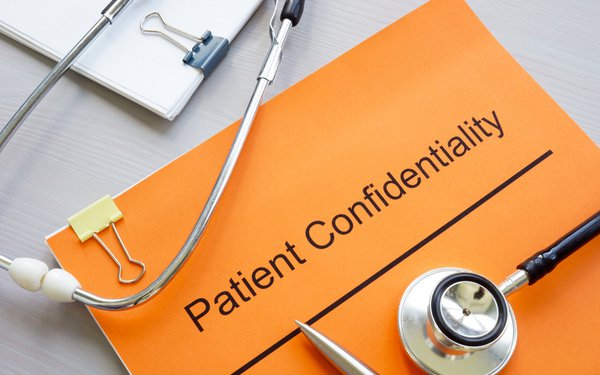
The ad industry is urging New York Governor Kathy Hochul to
either veto or recommend revisions to a privacy bill that would limit the ability of app developers and other businesses to collect or share health-related information.
The New York Health Information Privacy Act “would have far-reaching, unintended, and unfavorable consequences for New York consumers
and the business community alike,” the Association of National Advertisers, American Association of Advertising Agencies, Interactive Advertising Bureau American, Advertising Federation, and
Digital Advertising Alliance say in a letter sent to Hochul this week.
The bill, which was passed last week by the New York legislature, includes provision that would require app developers
and other companies to obtain people's opt-in consent before processing a broad range of health data for ad purposes. The type of data covered by the measure includes information that's reasonably
linkable to people or devices, and that relates to people's physical or mental health.
advertisement
advertisement
The measure resembles Washington state's My Health, My Data Act, passed in 2023.
New York Senator Liz Krueger, who sponsored the legislation, stated that it would create “a legal framework for residents to reclaim and retain control of their healthcare
information.”
“Residents are generally unaware that their technology is constantly tracking their movements, and geolocation data is being sold to companies for the purposes of
targeted advertisements or tracking,” she stated earlier this month.
The New York Civil Liberties Union endorsed the proposed law in New York, saying it could help protect people's
ability to access abortions or gender affirming treatments “without leaving a digital trail.”
The bill will “ensure that New Yorkers -- not big tech companies, bad actors, or
government entities -- have control over the intimate health information collected through fitness apps, phone records, search engines, period tracking apps, and the many other tools that are part of
modern life,” senior policy counsel Allie Bohm stated last week.
But the ad
groups say the bill's definition of health data is so broad that it could cover material not “inherently related to health” -- such as “the fact that a consumer purchased
non-prescription shampoo for individuals with dry hair at a local grocer, attended a fitness event, or signed up to receive promotional notices about specific clothing or footwear restocks.”
The organizations propose narrowing the definition of health data to cover “personal information that is linked or reasonably capable of being linked to a consumer and that 'is used to
identify' the past, present or future health status of the consumer.”
The ad industry groups also claim the requirement to obtain opt-in consent every time health data is processed
“would inundate New Yorkers with an overwhelming number of consent requests for even the least sensitive data processing activities.”
The groups add that the opt-in mandate
“would significantly hinder the use of data to improve products or services, conduct research for the benefit of consumers, and apprise consumers of relevant offerings that may interest them --
such as a coupon on shampoo.”